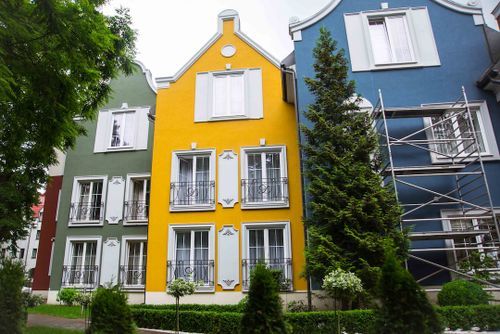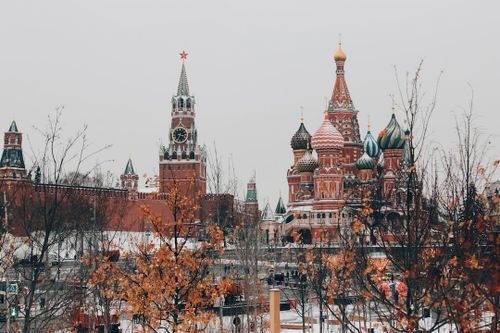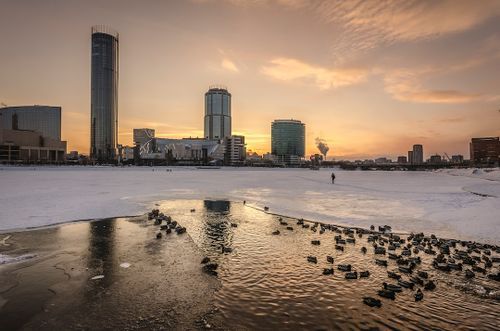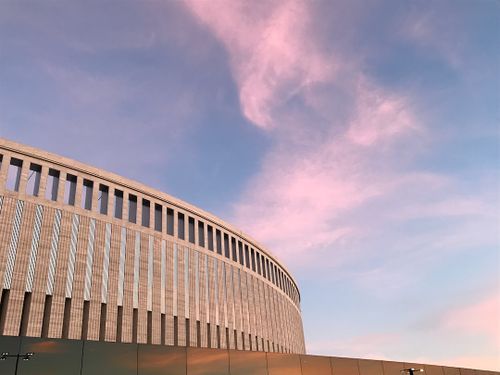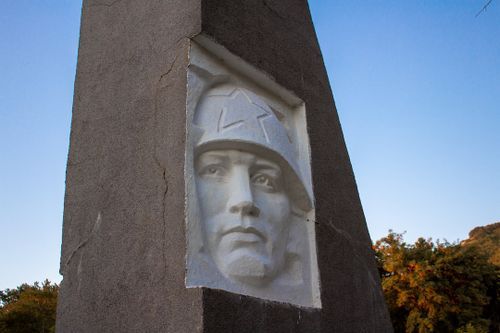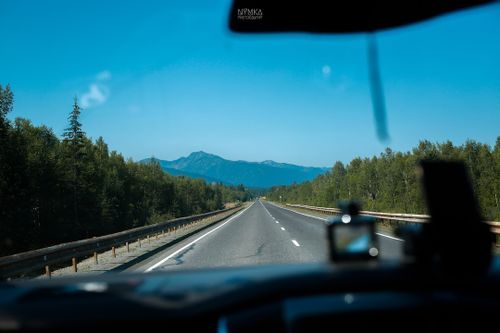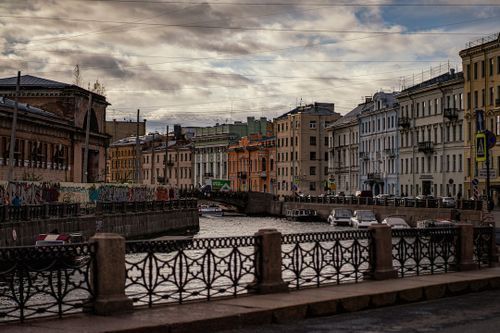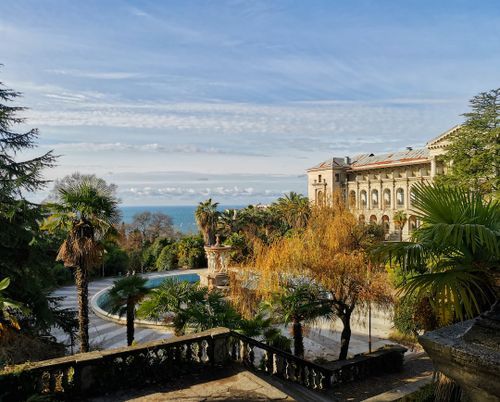Is Russia safe for solo female travelers?
Safety rating
How safe is Russia for solo female travelers?
Travel safety index
based on 22 experiences from female travelers

Mariya
Russia
Moscow, Solo travel
honestly it was amazing! i really loved Moscow that time, the atmosphere in august is special. i visited a few museums and enjoyed it, but the best part was just findind random neighborhoods and exploring them. i literally adored the garden and the street where it was located that was next to my hostel and a quiet central neighborhood where i went to the museum. i also love Moscow transportation so much, the subway there is a masterpiece, especially some stations in the downtown
Posted: February 16, 2026Experienced: July, 2025
Kristina
Russia
Sochi, Group travel
I went to Sochi to see my favorite team play. I was lucky they were playing on my birthday! I bought some new team jerseys for my collection and saw some friends who live there. The sea was warm and the weather was sunny; we were lucky. If you're planning on going, we quickly found comfortable and affordable accommodations in Adler based on our search.
Posted: January 16, 2026
Vasilisa
Russia
Inozemtsevo, Family travel
We stayed in spa retreat, good for health, lots of options, some spa procedures are too expensive. Territory of the resort is private and safe. Village around is nice for local experience. Recommend to visit wine manufacture and try local wine, also there is a local beer manufacture. Not so much things to do in the village, other than manufactures and walking around. Going to mountain trips really worth it, better choose 2-3 days to go on a car mountain trips in different places. Also you can go to nearest cities for excursions and sightseeing. Place got interesting history and architecture.
Posted: August 7, 2025How safe is Russia for women?
Local safety index
Based on 319 local experiences
Local crime index
Based on 319 local experiences
Belgorod
Belgorod is a beautiful and clean city in Russia; many say it's a little Switzerland. The people are kind and responsive. The governor is a wonderful person; he maintains order and always corrects situations promptly. The city has plenty of security cameras, and the parks are clean and well-maintained. There's a beautiful, landscaped forest home to a variety of cute animals.
Posted: February 25, 2026Rostov On Don
It's safe place, where you may find help in case you need it. But it's better to avoid some crowd places, when someone may ask you for money (because it's quite often tells lie). It's better not to go for a walk at night alone.
Posted: February 23, 2026
Mariya
Krasnodar
so basically i've been living here all my life and i would say it's safe here. i feel unsafe only maybe when it's night time and no lights on the street. mostly it's more dangerous on the outskirts of the city (especially in the north). overall everything is okay.
Posted: February 16, 2026Safety in Russia
Hospitality Exchange in Russia
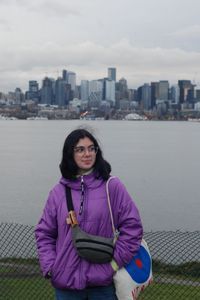
Alisa
Saint Petersburg
Can host for:
3 days
About me
Hello! My name is Alisa and I’m from Saint-Petersburg. I love everything connected with learning about new cultures and languages, even my major relates to it - my major is Middle Eastern studies with Arabic language. I’m always excited to open new places - within my city, country or the world. I feel like every travel allows me to explore our complicated yet beautiful world. I hope it doesn’t sound cheesy:) and of course people make travels even more memorable! I think one of the greatest experiences that I had was studying abroad in the United States and traveling all over the country. I’m very grateful for this experience!
Speaking

Valeriia
Moscow
Can host for:
3 days
About me
Hi, girls! I’m Lera, short for Valeriia. I’m a social media manager and an English teacher from Moscow. Enjoy crocheting, sewing and rn learning to draw. Been to over 40 countries and ready to share my stories and meet amazing people from around the world.
Speaking







